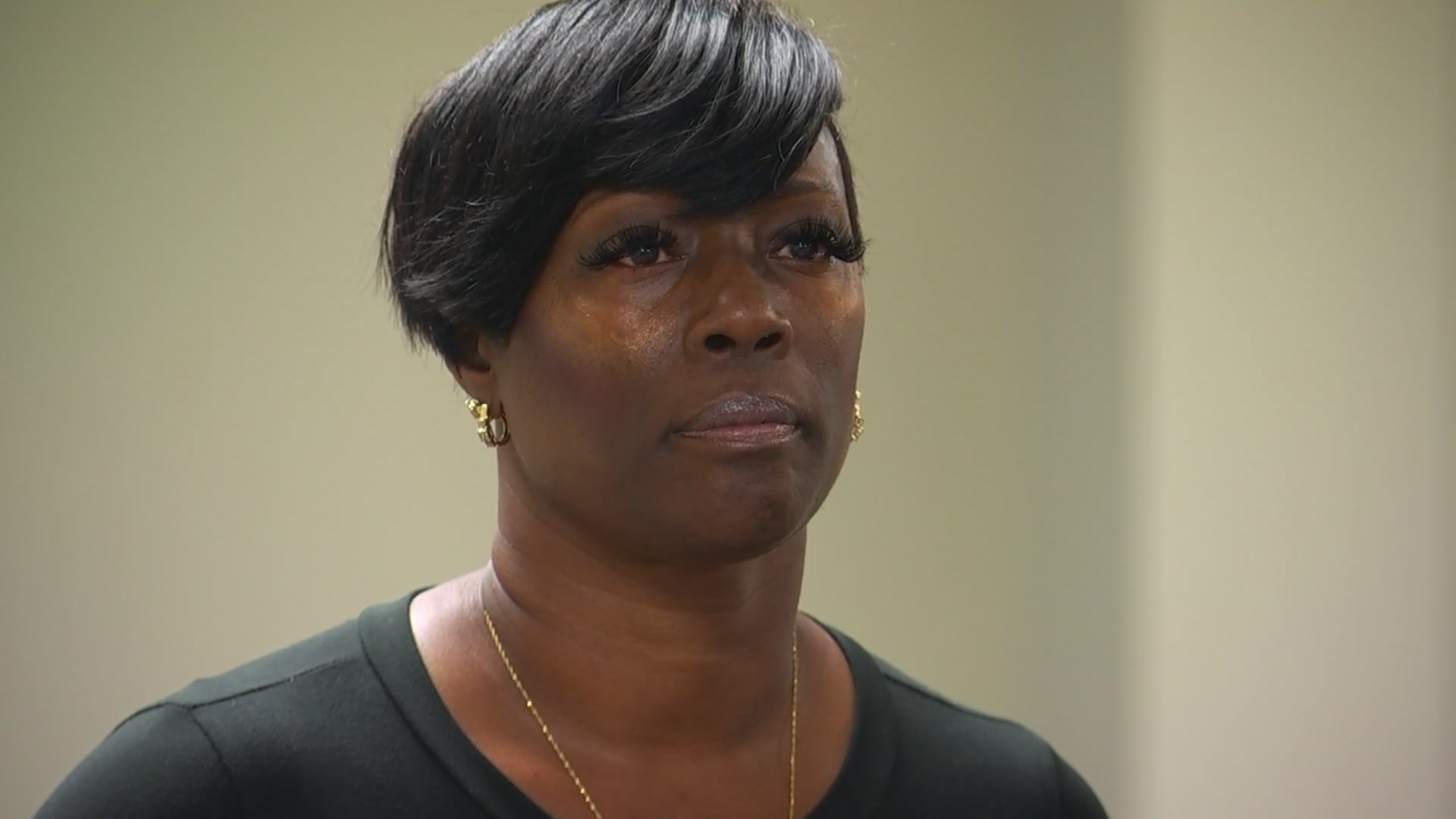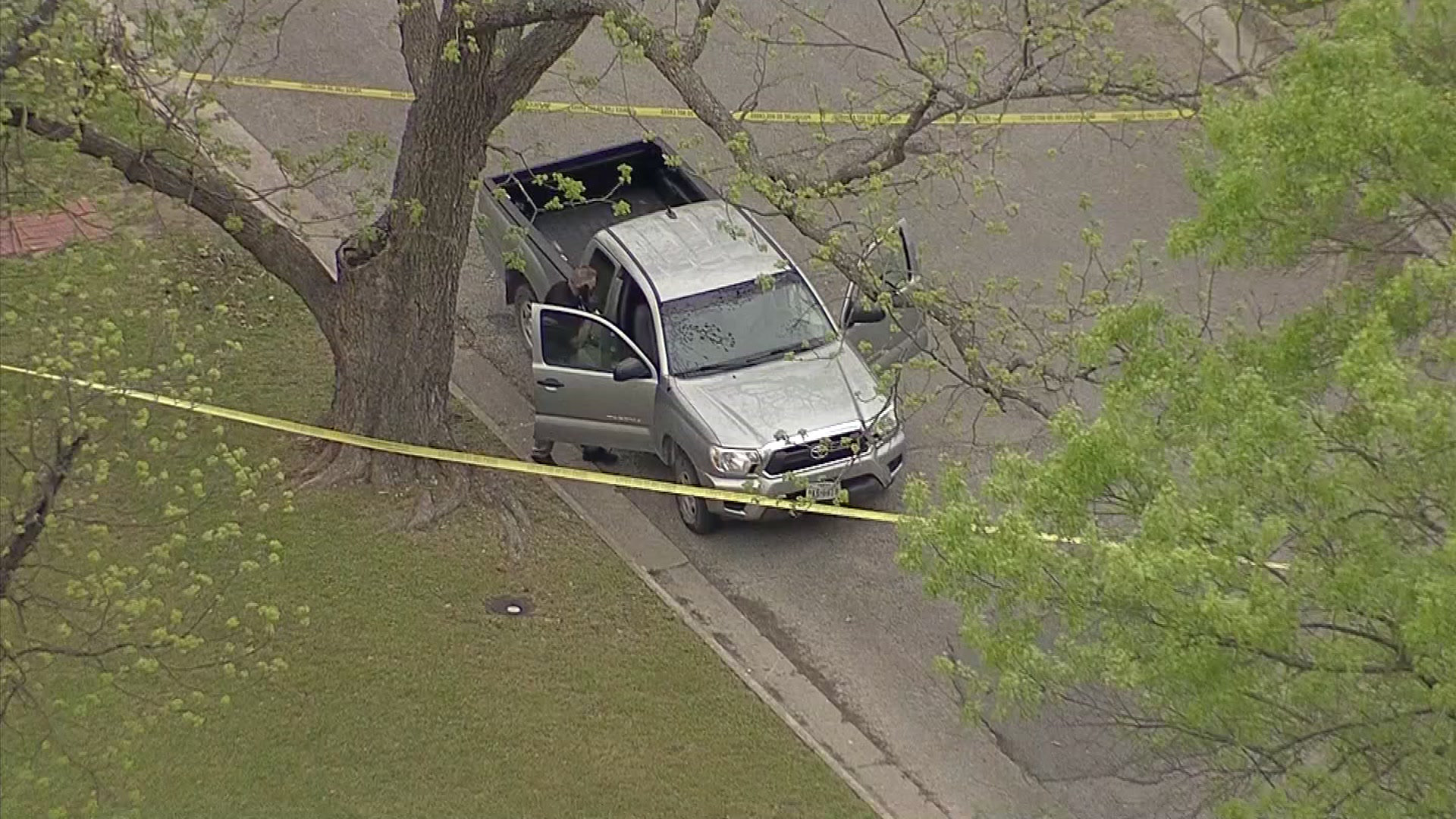The sudden death of a star student athlete in Michigan is renewing calls for increased testing for heart problems.
Basketball standout Wes Leonard died last week shortly after he scored a game-winning shot and collapsed on the court.
His death hit home for Laura Friend, a Fort Worth mother whose 12-year-old daughter died of cardiac arrest.
"My heart breaks for his family, the coach, the community and, at the same time, that's where I was six years ago," she said. "I remember thinking, 'What? What do you mean her heart?'"
Friend's daughter Sarah died of sudden cardiac arrest because of an enlarged heart, just like Leonard.
Parent Health Watch, a national group co-founded by Friend, is advocating for EKG and cardiac echo testing of young athletes.
"It (testing) does not catch everything, but it is a start, and it can find some heart defects and heart diseases," Friend said. "And we have to start somewhere, because these kids are dying."
Local
The latest news from around North Texas.
Doctors warn that while these deaths are tragic, they are rare, occurring in one in every 100,000 to 250,000 people.
And while testing sounds good, doctors say it may not be the best solution.
"Unfortunately, the best data that we have -- that was just published this week -- doesn't show any real benefit," said Dr. Theodore Takata, a cardiac electrophysiologist at Consultants in Cardiology.
Takata said parents should know their family history in case there is a genetic heart defect or disease. And any athlete with symptoms like a tight chest, pressure, shortness of breath or fainting episodes should consult with a doctor, he said.
But the best way to find these heart health risks is still years away.
"Genetic testing, which is in its infancy currently, may be the ultimate answer," Takata said. "Because, with genetic testing, down the road we may be able to identify with a simple blood test a lot of these conditions that put people at significant risk."
Friend coordinates Project ADAM Texas at Cook Children's Medical Center, where she helps teach people to properly use AEDs to help save lives after cardiac arrests.
She said Leonard's death is tragic but will also raise awareness of the issue.
"His death will save lives, and I hope it saves many," she said.
Texas schools are required to have AEDs on campus, but Friend said they're useless without properly trained operators.
Those interested in training and developing an AED plan can contact Cook Children's.



